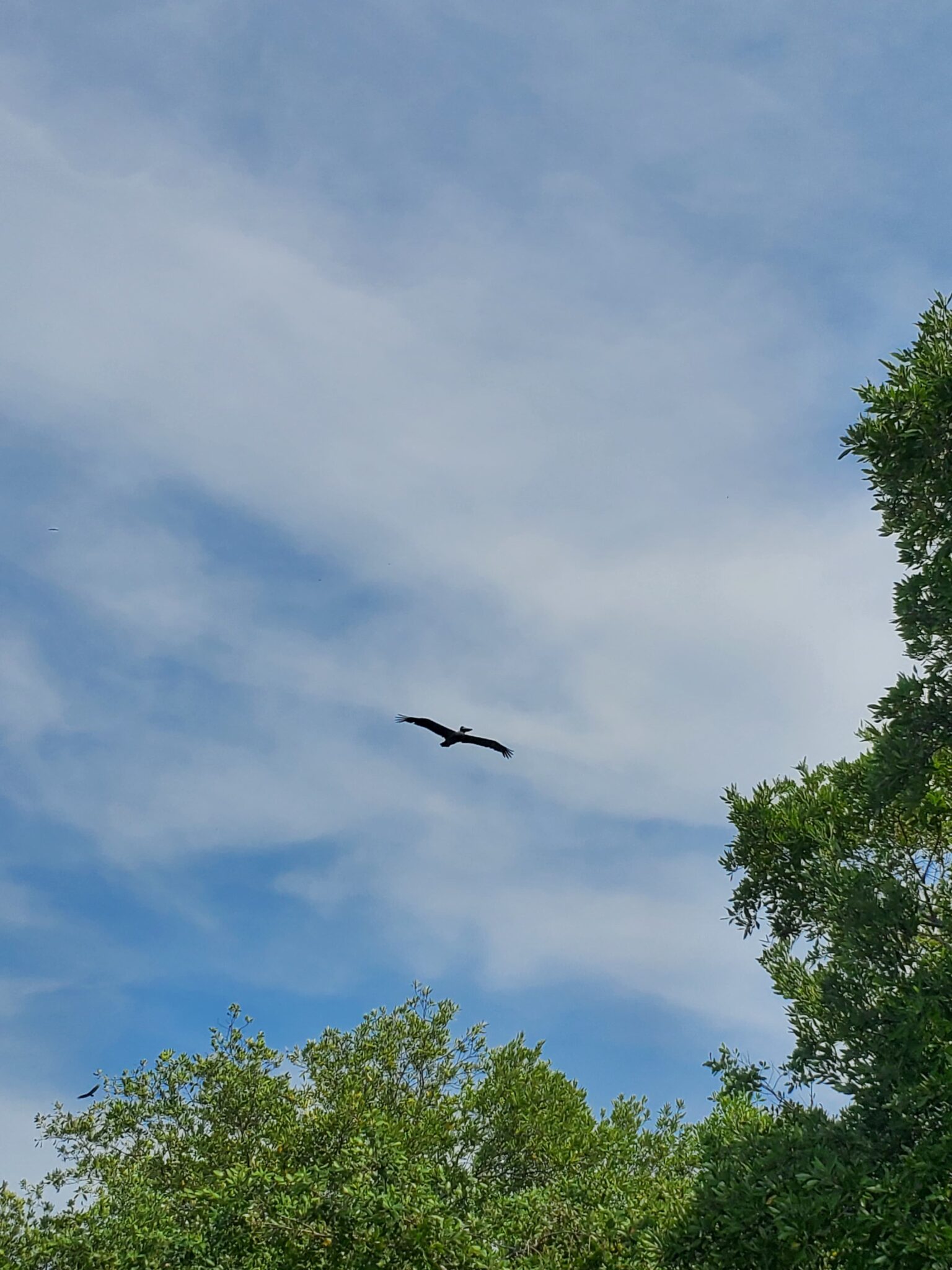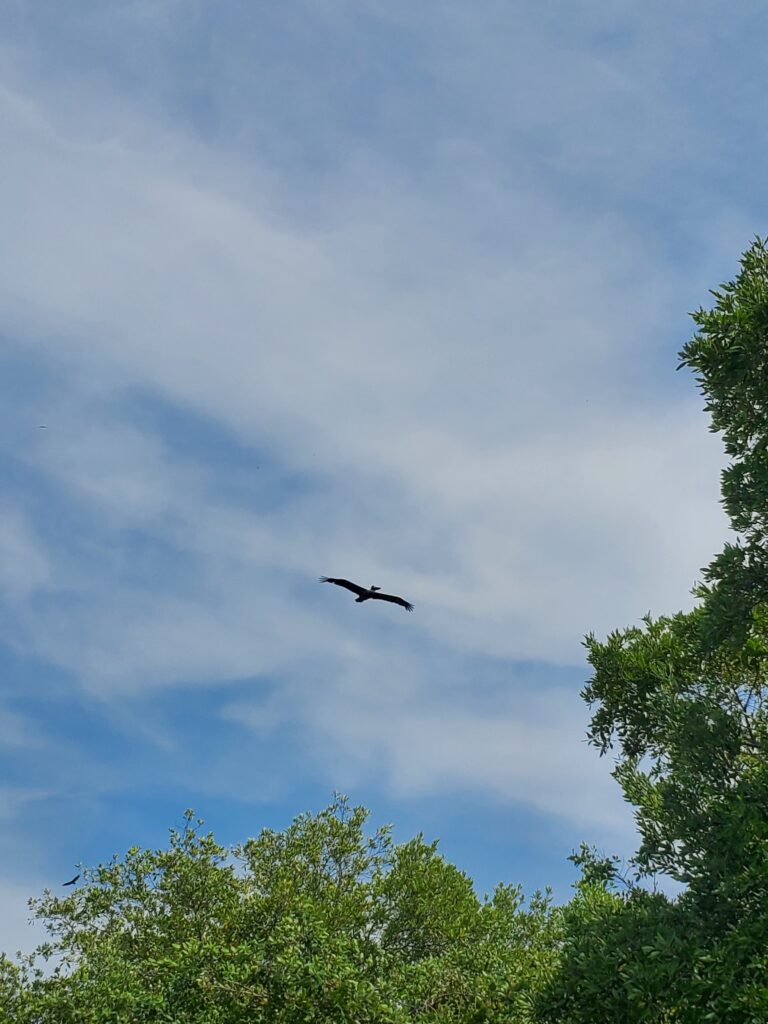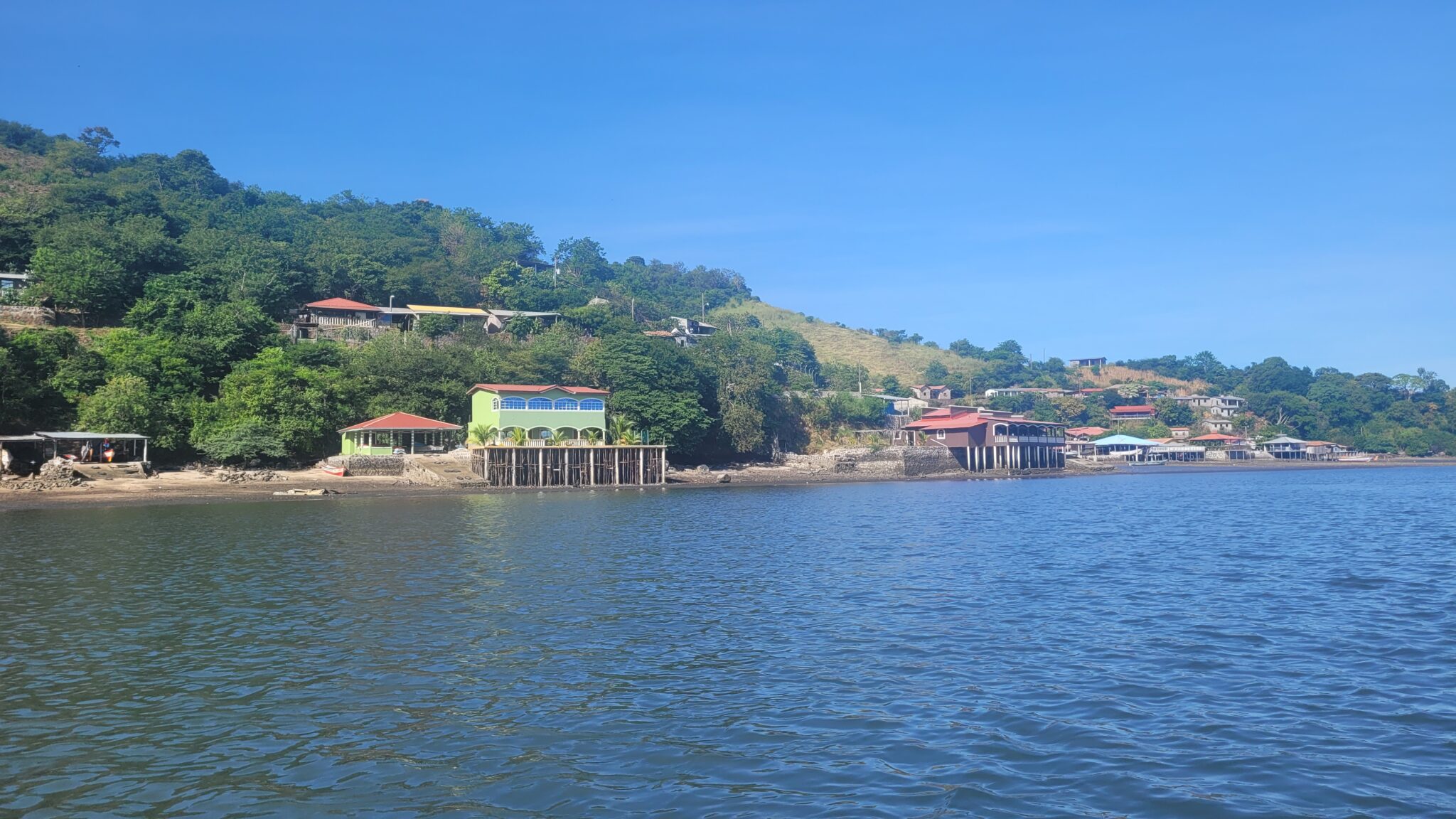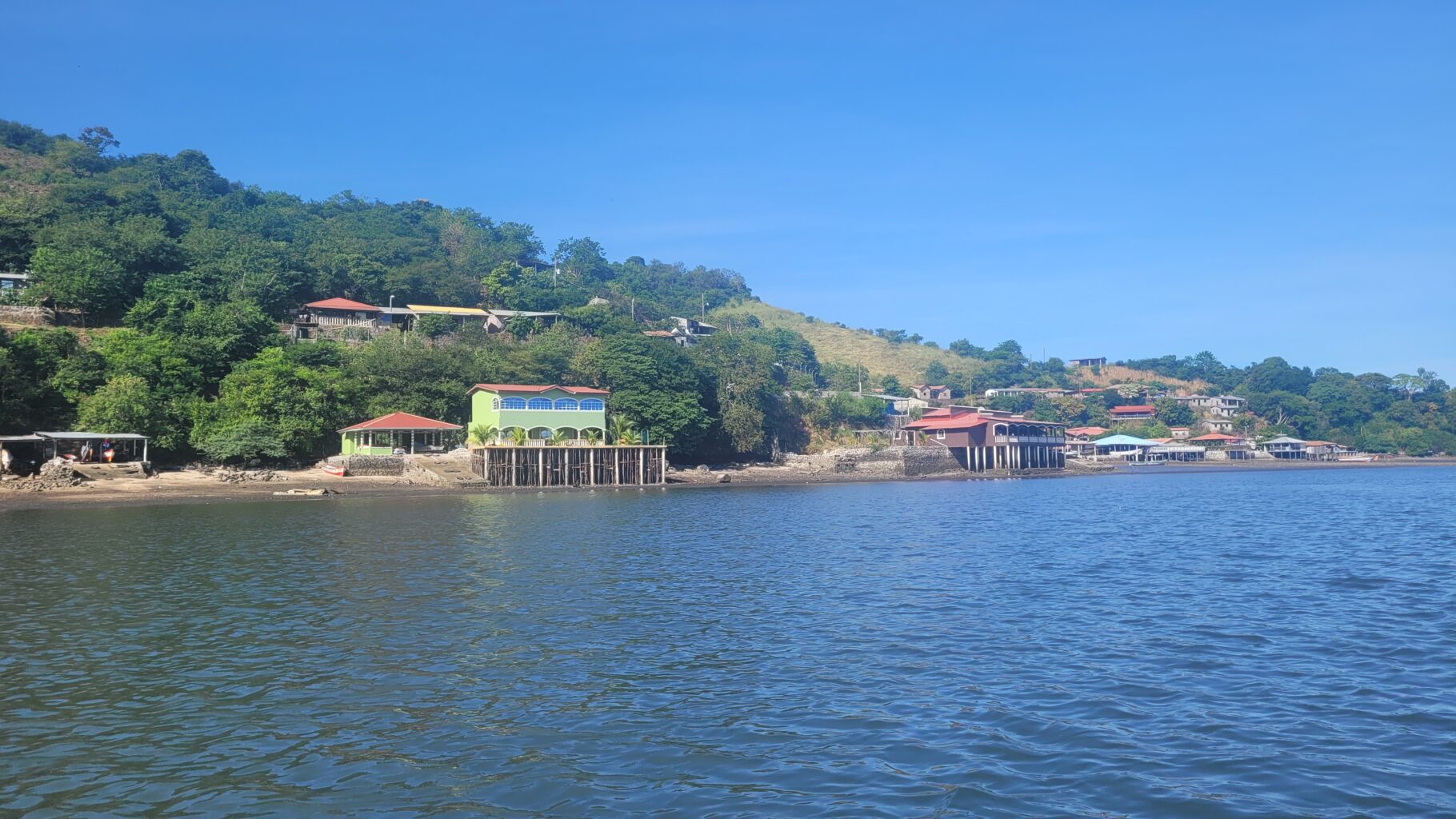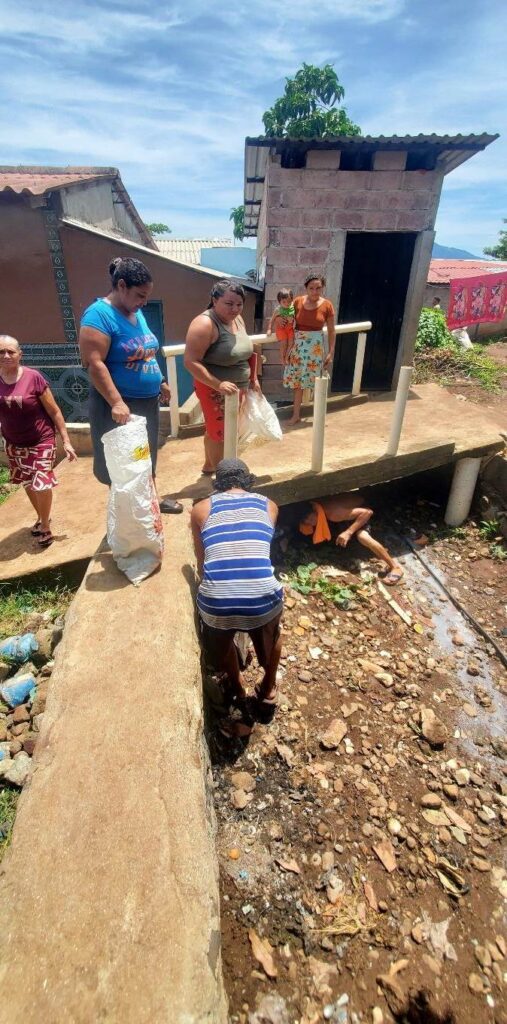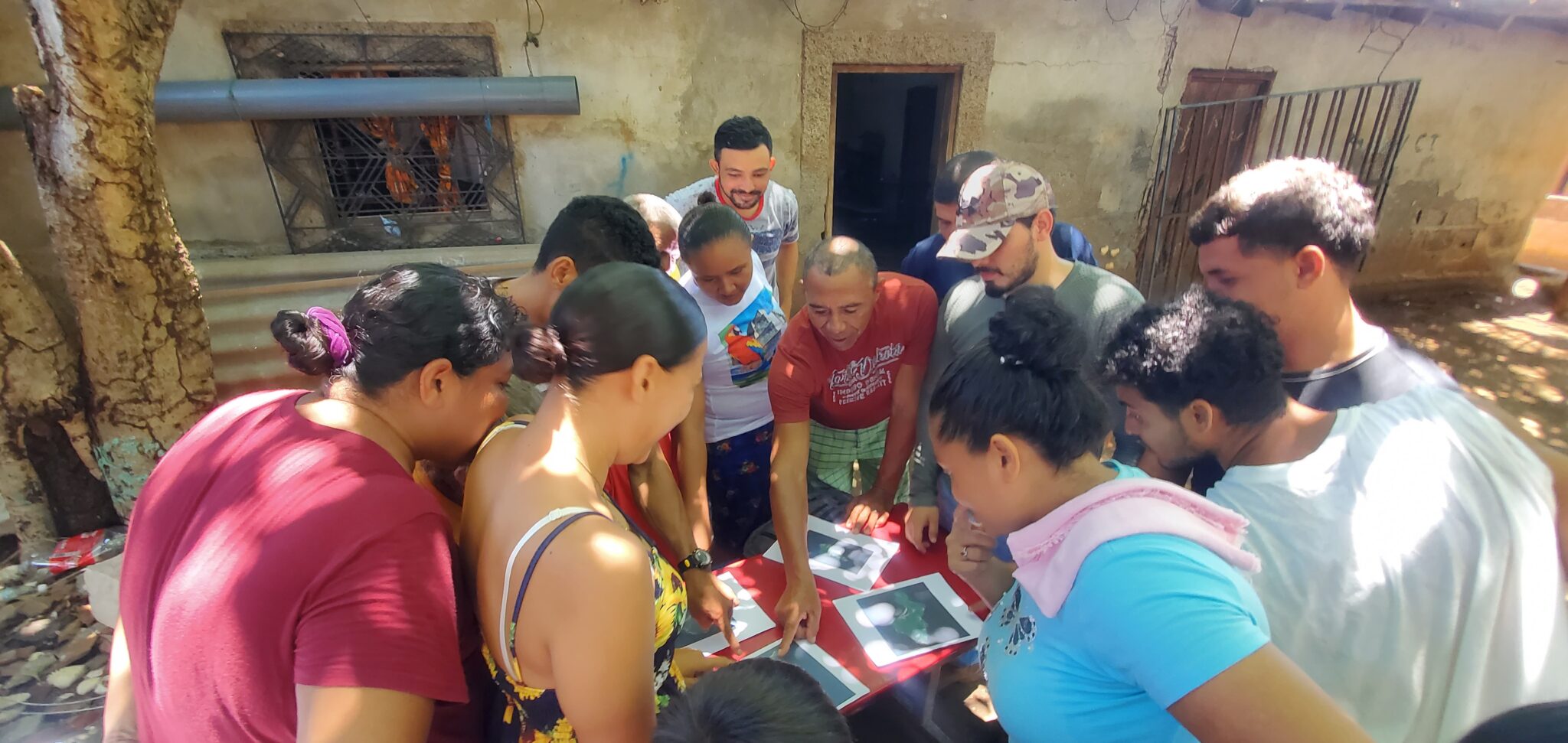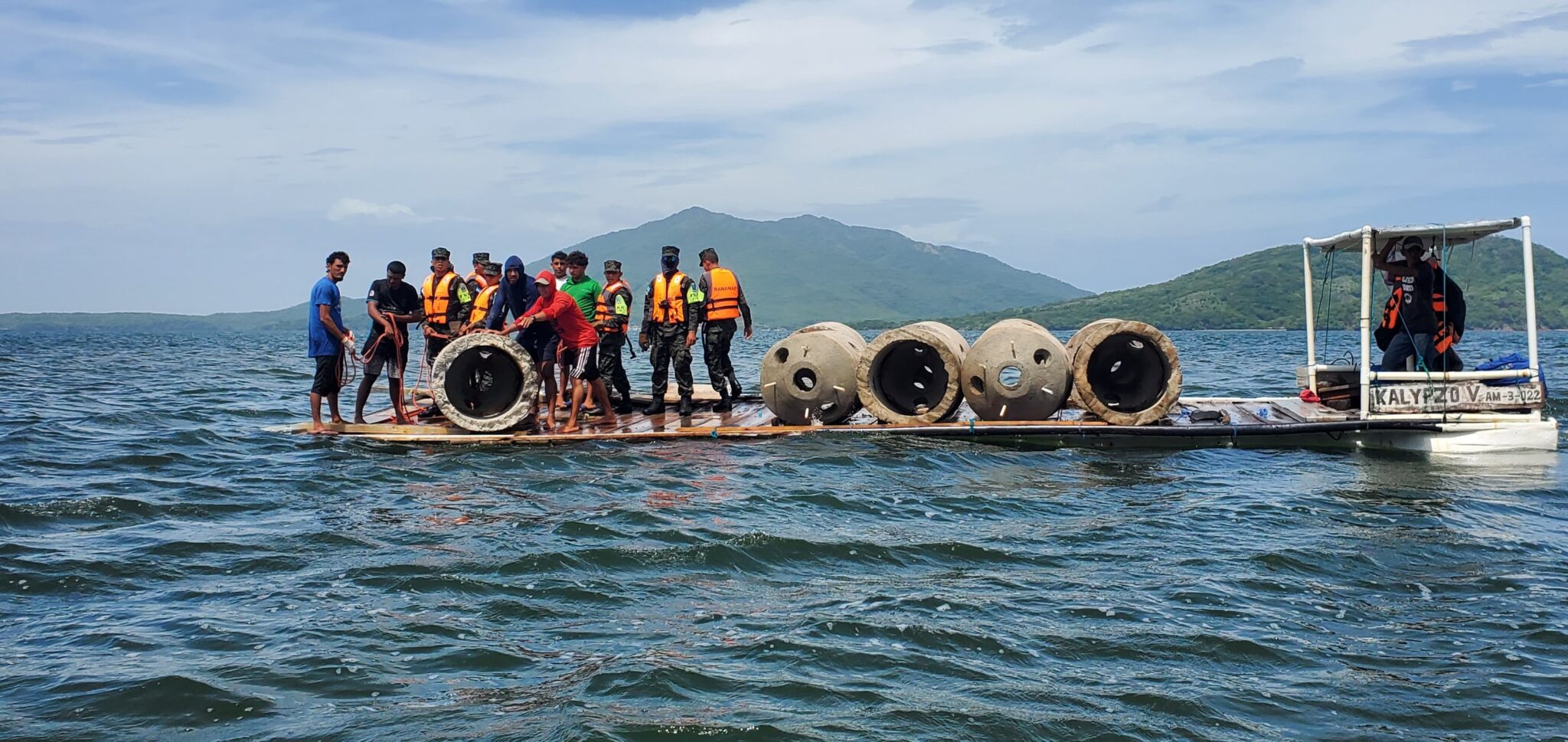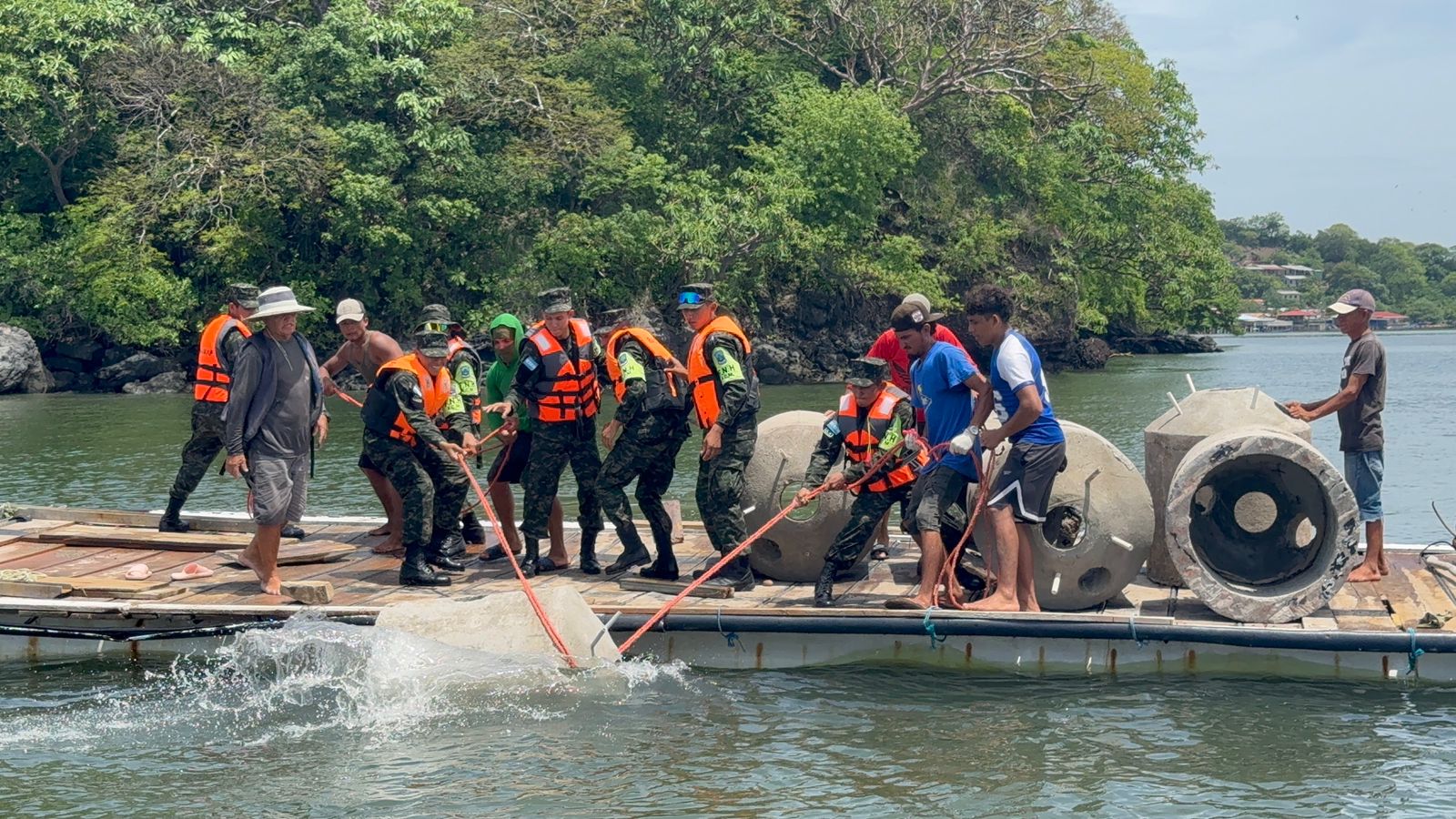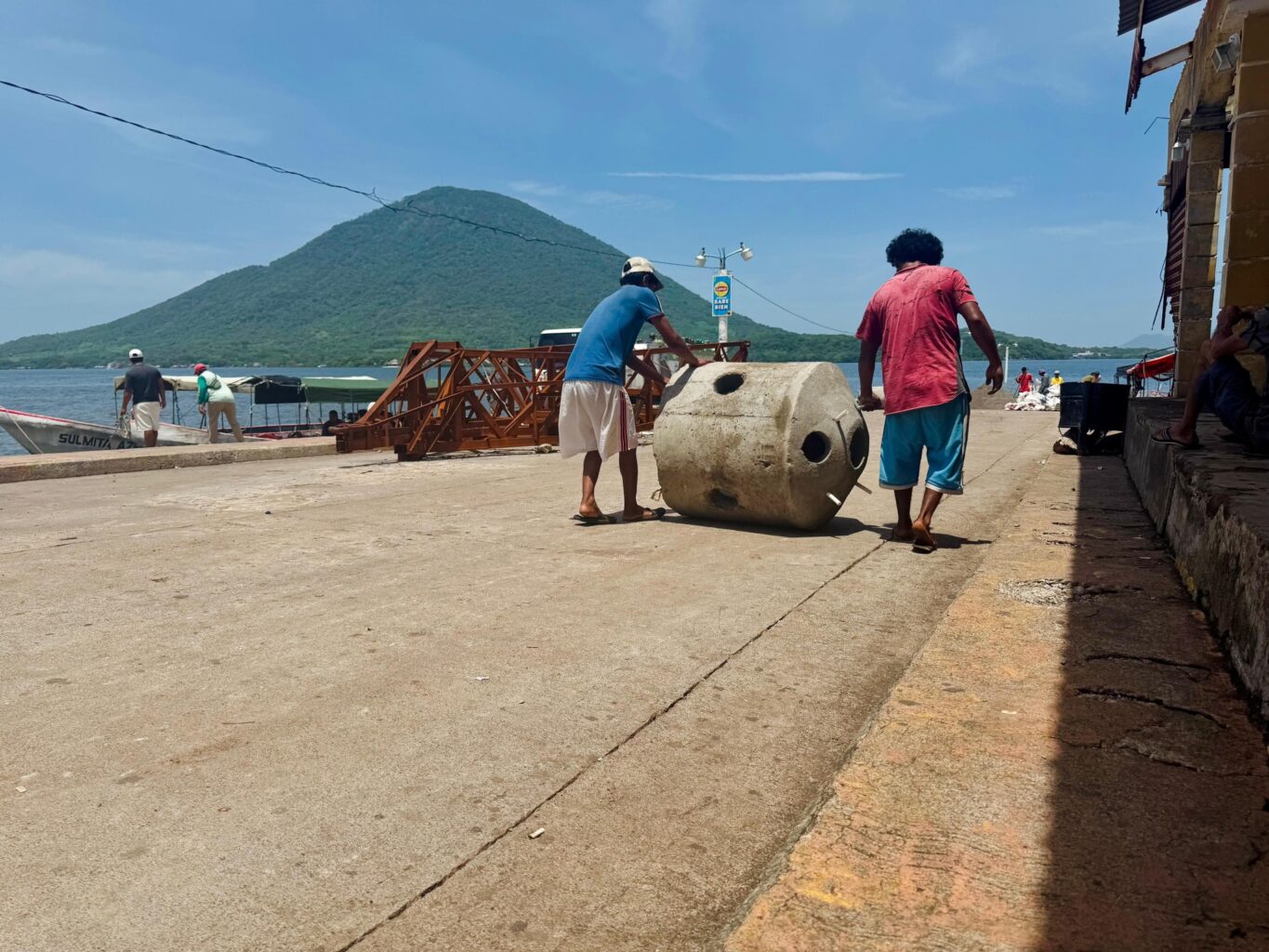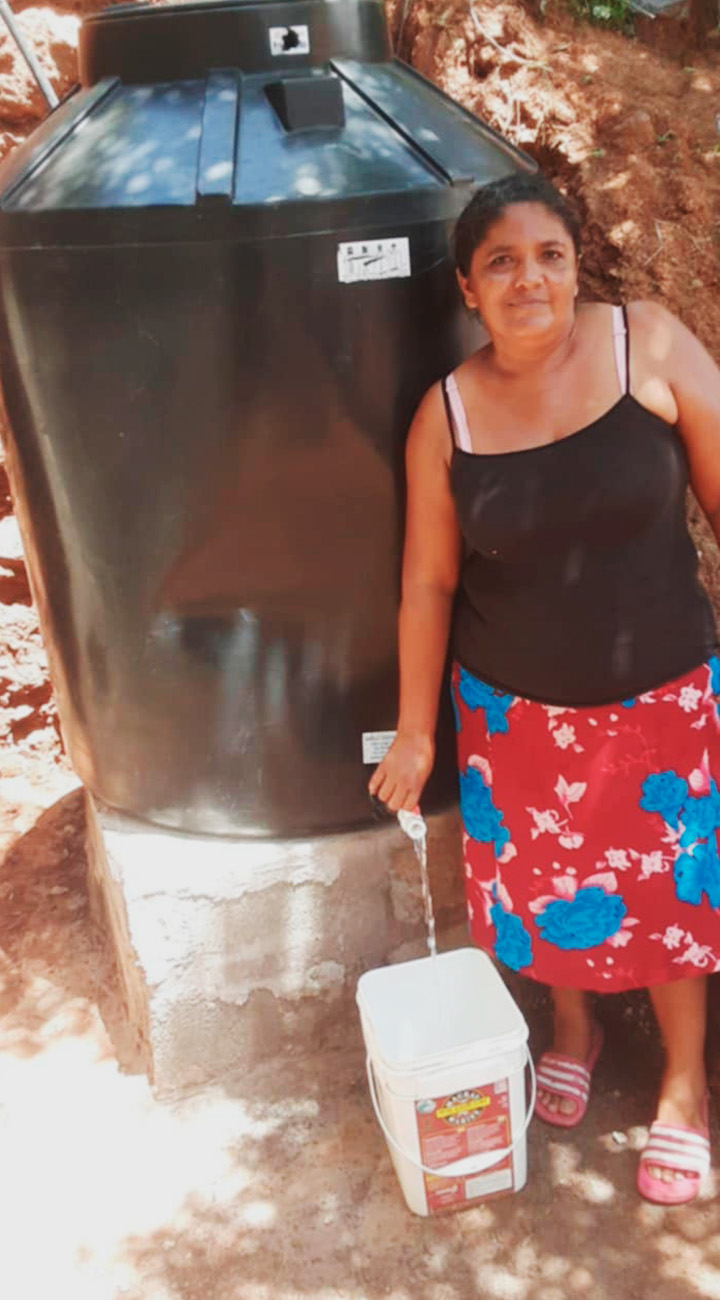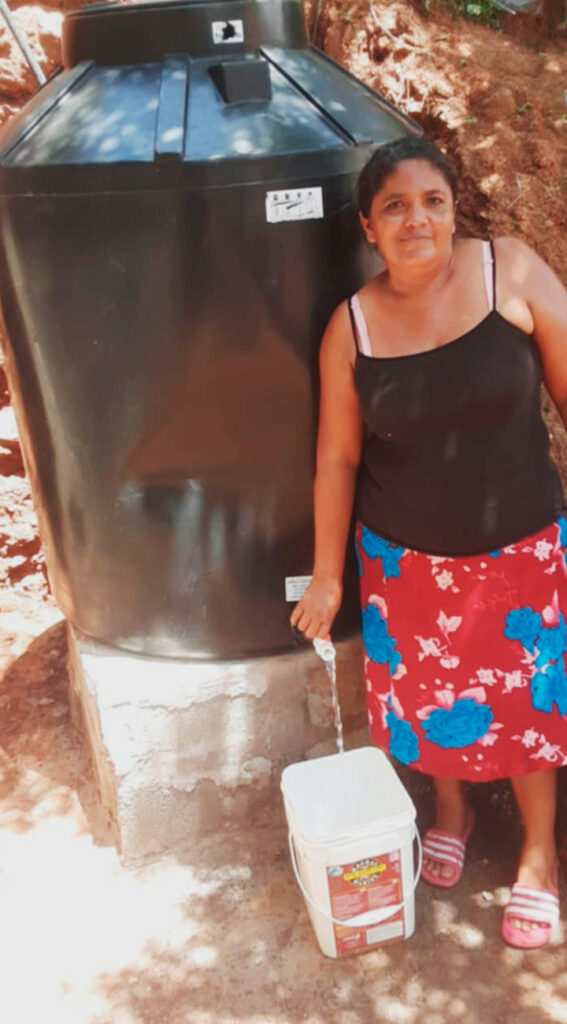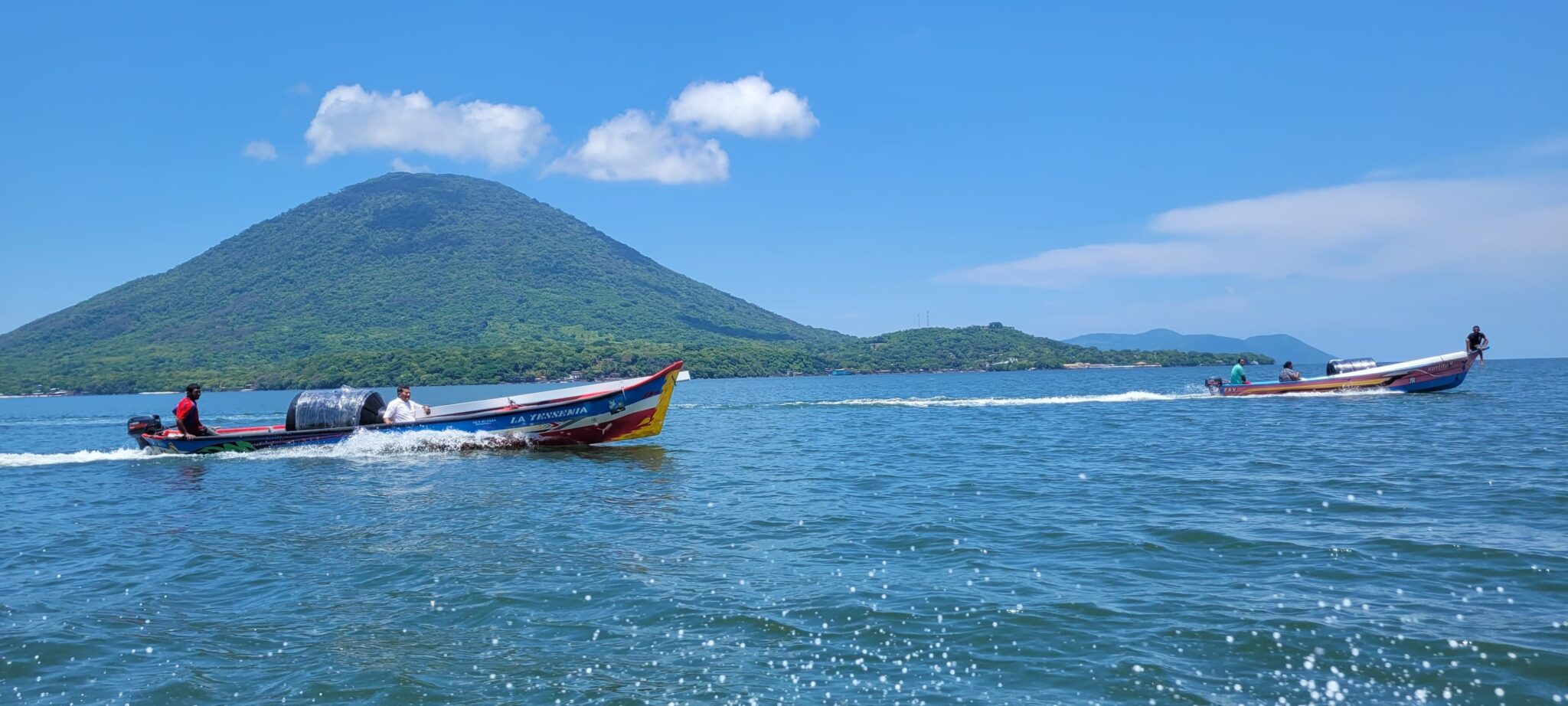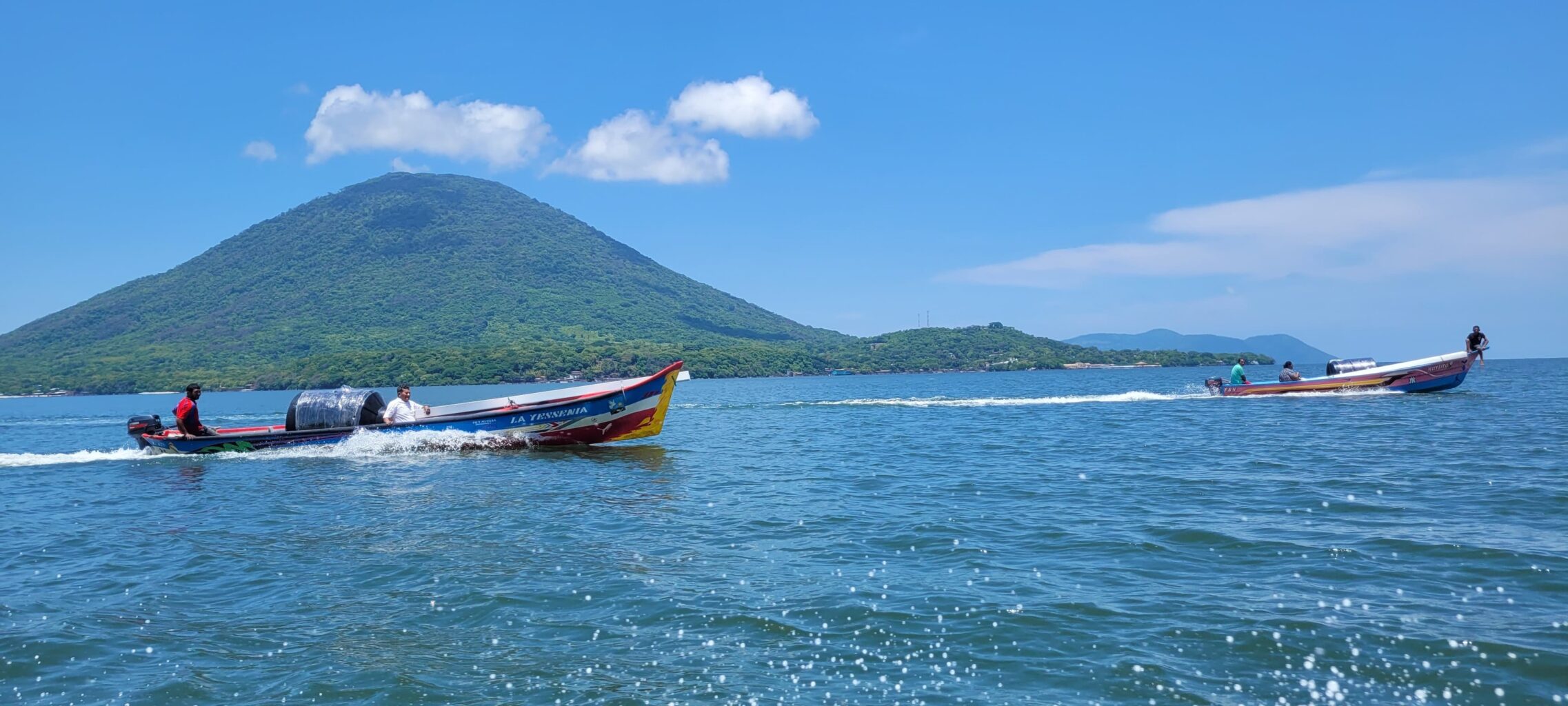San Carlos Island sits off the southern coast of Honduras, in a region of mangroves and wetlands. The area is home to abundant wildlife. The critically endangered hawksbill turtle nests here. There is also a huge variety of birds, including pelicans, ibises, frigatebirds, parakeets, bitterns, and many more.
This hot, dry region is a tough place for people, though. Electricity and fresh water are scarce. San Carlos Island has no health center, and after sixth grade, children must leave the island for school. Most of the island’s 430 inhabitants eke out a living from artisanal fishing, subsistence agriculture, and a bit of community tourism.
Of these, fishing is the most important. San Carlos Island is within the Gulf of Fonseca Archipelago Marine National Park and is surrounded by 136 acres where only artisanal fishing is permitted. But the area’s mangrove forests and the fish that depend on them are not as healthy as they once were. Industrial and agricultural runoff, sedimentation from deforestation, mangrove cutting, shrimp farming, illegal fishing, and warming water have damaged them.
To help restore the mangrove ecosystems, the fishermen of San Carlos Island will install 25 artificial reef domes in the protected area. This will provide shelter to juvenile fish and reduce pressure on nearby fishing areas. Fishermen from the community will patrol the area and report illegal fishing.
Our project partner, a local NGO called CODDEFFAGOLF, pioneered the use of these structures in the Gulf of Fonseca. The organization has deep connections with the island communities. Seacology works with them on a coastal conservation project on nearby islands.
They will work with community members to protect turtle nesting beaches, fish sustainably, protect birds, and use organic fertilizer. They will install compost bins and develop a solid waste management plan with local officials. Thirty families will also receive rainwater collection and storage tanks.


